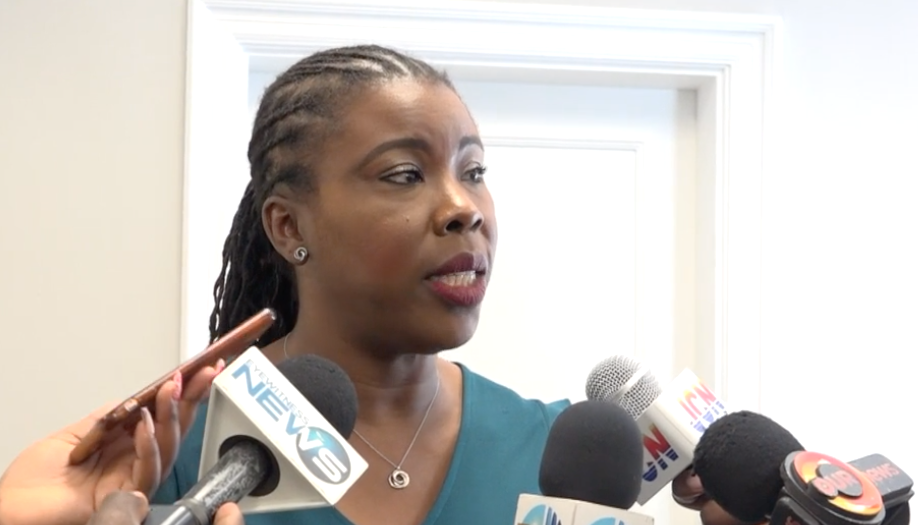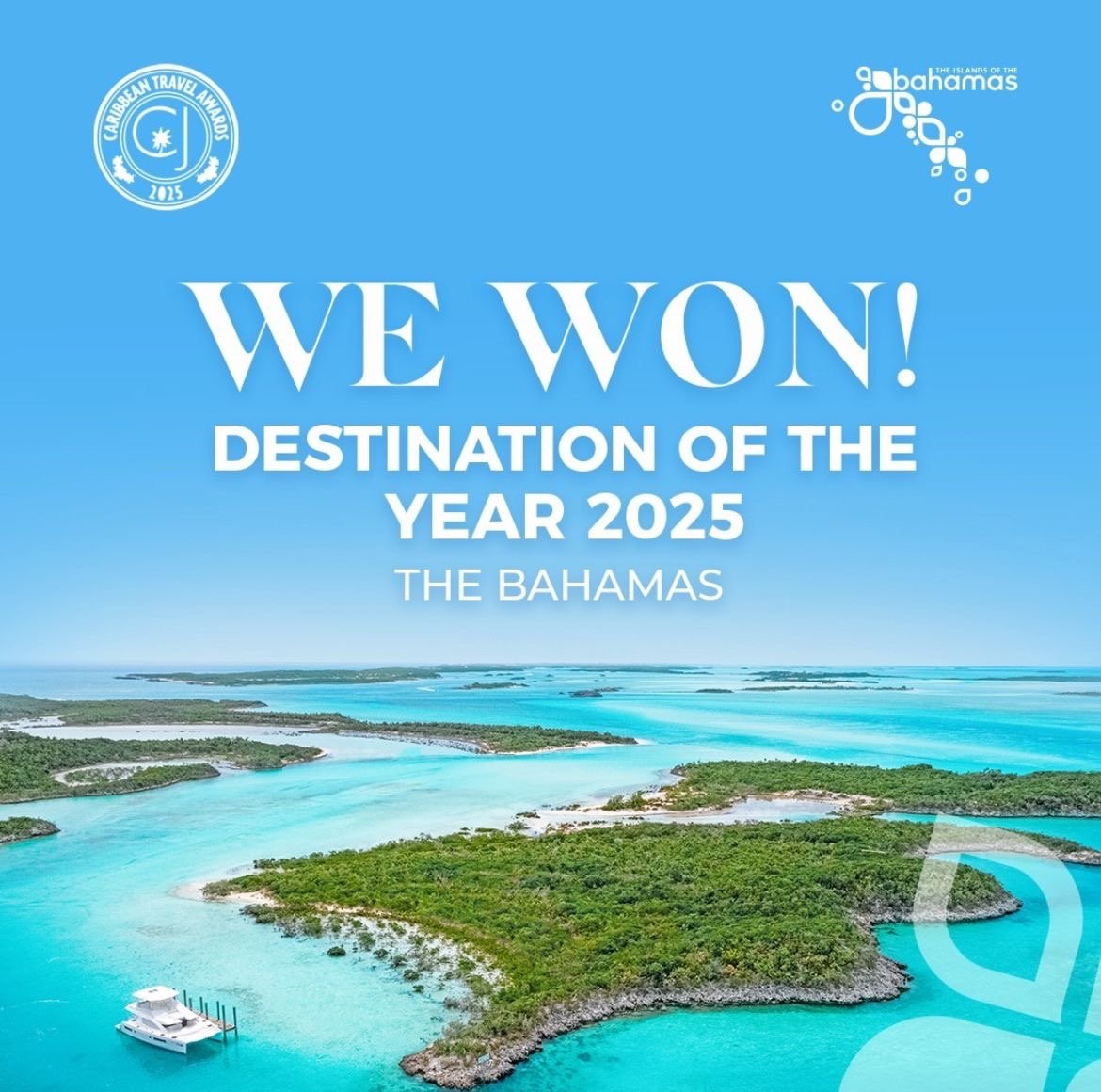NASSAU, BAHAMAS — Opposition Leader Philip Brave Davis last night suggested the government’s decision to open The Bahamas’ borders next month could pose a large risk of a resurgence of the virus while only providing a “small positive impact on our economy”.
He raised the issue during his contribution to the budget debate last night.
Davis asserted the government was not prepared for the reopening to commercial flights on July 1, and had yet to expand testing to a sufficient level to protect the country from the worst of the virus.
“It could spread undetected in our communities for days before the first warning signs appear,” Davis said in Parliament.
“What happens then? How many Bahamians would become sick?
“How many first responders put at risk? What would be the human toll? And what would that scenario mean for our reputation and economy?
“Mr. Speaker, I don’t see anything in this budget that acknowledges this possibility, let alone plans for it. I have been in favor of reopening – but in favor of doing it right.
“I want to know, in particular, what is this government planning to do in the next two weeks, ahead of July 1, to increase our ability to test for the virus? The clock is ticking. It is the government’s responsibility to prevent us from facing the worst of all worlds.
“We may only receive a small number of visitors, so we may only benefit from only a small positive impact on our economy. This small benefit could then translate into a potentially large increase in risk and exposure to the virus.”
New confirmed cases of the virus have soared in at least six American states for a second week, as officials in Beijing, China, adopt increasingly strict measures amid a fresh outbreak as fears of a second wave grows.
According to Reuters, cases in Oklahoma alone rose 68 percent.
Florida also reported an all-time high in newly reported cases on Tuesday — 2,783 confirmed infections over the previous 24-hours.
Up to 85 percent of the country’s tourism market comes from the United States.
The government will not require visitors to acquire a COVID-19 test before entering the country — a decision former Minister of Health Dr. Duane Sands cautioned the government about last week, saying it should not play “Russian roulette”.
He said without a robust consistent ability to test, screen isolate and track, if the country lessened its vigilance it should expect a second wave of the virus in The Bahamas.
Health officials have confirmed The Bahamas has flattened the curve, though the virus remains a threat in the country.
As of yesterday, there were 104 confirmed cases of COVID-19 in The Bahamas.
However, there remain only 21 active cases of infected patients.
Seventy-two people have recovered.
There have been only four new confirmed cases in the last three weeks.
There have been 8.1 million confirmed cases worldwide, 2.1 million of which stem from the U.S.
Davis said the people of The Bahamas paid a steep price in order to give the government the “gift of time”.
However, he said the government had yet to prepare to re-open safely, and protect the most vulnerable to the virus.
Business as usual
Davis said while Bahamians faces serious times, “this is not a serious budget”.
He said while there is some attempt to concede the need for expanded social welfare assistance in the immediate future, the government has essentially proposed “business as usual”.
“This budget doesn’t even pretend to answer the questions Bahamians are asking,” said Davis, accusing the government of responding to tough questions with hostility.
He said the absence of vision is compounded by a lack of transparency and common sense.
“And at a time when we cannot yet count on visitors returning to our shores in big numbers, this government has failed to acknowledge the scale of the economic crisis we face and therefore failed to budget adequately for food and rental and social assistance,” Davis said.
In the budget, the government has allocated $24.9 million to food assistance programs in the Department of Social Services — an increase over the $18.2 million budgeted in 2019/2020.
However, the allocation for food assistance has been set at $16.1 million in 2021/2022 and 2022/2023 fiscal years.
Social assistance benefits will also increase by $4.5 million in the upcoming fiscal period — from just under $500,000 to $5 million in the upcoming fiscal year.


















